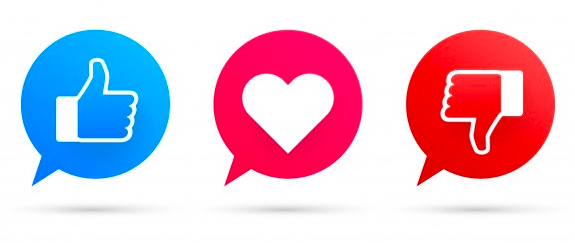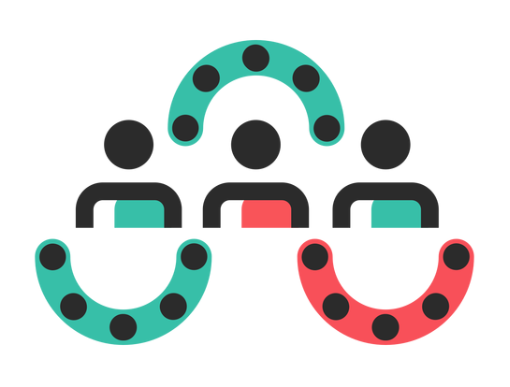Event experience is one of the most important aspects of an event for attendees. Event experience can be defined as the feelings that attendees have before, during, and after an event.
While attendees do care about things such as amazing lighting or really great events activation, how the event made them feel is much more important as that has a longer recall value. When you talk to someone about an event, they mostly talk about how they felt during the event.
In this blog, we’re going to take a look at how events experiential marketing solutions can be used to provide a great event experience.
#1 – Create an amazing first impression

The experience of an event starts right from the first step – the registration and logistics of the event. A good event activation agency knows the value of having a convenient and reliable registration process and logistics.
It is possible to make registration fun using experiential events technology like facial recognition and RFID badges. The registration desk can be decked up to become a great first step in the journey undertaken by the attendee during the event. Here are top 3 technology trends in experiential marketing.
When it comes to events experiential marketing, the idea to turn the entire event into a great experience that’ll stay with the attendees for years to come and it is important to get it right on the first step.
#2 – Create a personal connection with the attendees

Experiential marketing solutions allow enterprises, both big and small, to personalize most aspects of the events for the attendees.
Experiential events technology has made it possible to create a personal touch at all points in the attendee’s journey in a cost-effective manner. This goes in line with the idea of creating an amazing overall experience for the overall event.
Technology like AI can be used to suggest recommendations to the attendee which are personalized to their specific tastes and interests. While it may seem like a small addition to the event’s app, it can help in ensuring the experience of the attendee is much more personalized and it deepens your consumer connection with brand.
#3 – Let the attendees go on a journey

When it comes to events activation, it is better to take your attendees through a journey. While it is very effective in creating a better experience, it actually takes a lot of planning by an event activation agency.
The journey of the event can start right from the registration and the entire event can be set up in such a way that makes it feel like the attendee is going through a journey. The use of experiential events technology like AR and VR can be used to create a system where the attendee unravels the event step by step.
#4 – Give the attendees a break!

While this is true for all events, this applies mostly to big events that take place over a couple of days. It is a good idea to give attendees a specific place where they can relax and take a little time out from the usual activity-filled event.
Wellness and health are one of the most trending topics these days and a lot of attendees would love having a specific area dedicated to wellness in the event area. This adds to the experience of the attendees and creates a better perception of the entire event for every attendee.
#5 – Go big on creativity

Lastly, there are a number of ways experiential marketing solutions can be used to create a better event experience. Due to the level of technology that we have at our disposal these days, creativity is often the only limiting factor when it comes to creating enjoyable experiences for the attendees. Here is how experiential marketing can create build brand trust and advocacy.
Adobe MAX is one of the prime examples of using creativity to the fullest in terms of creating an immersive and amazing experience for the attendees of the event.
Conclusion
In today’s marketing zeitgeist, the experience is all that matters for most consumers. Millennials and Gen Z have shown again and again they prefer experiences over everything else, both in terms of buying decisions and in terms of their perception. By improving the event experience, any event can be made better.